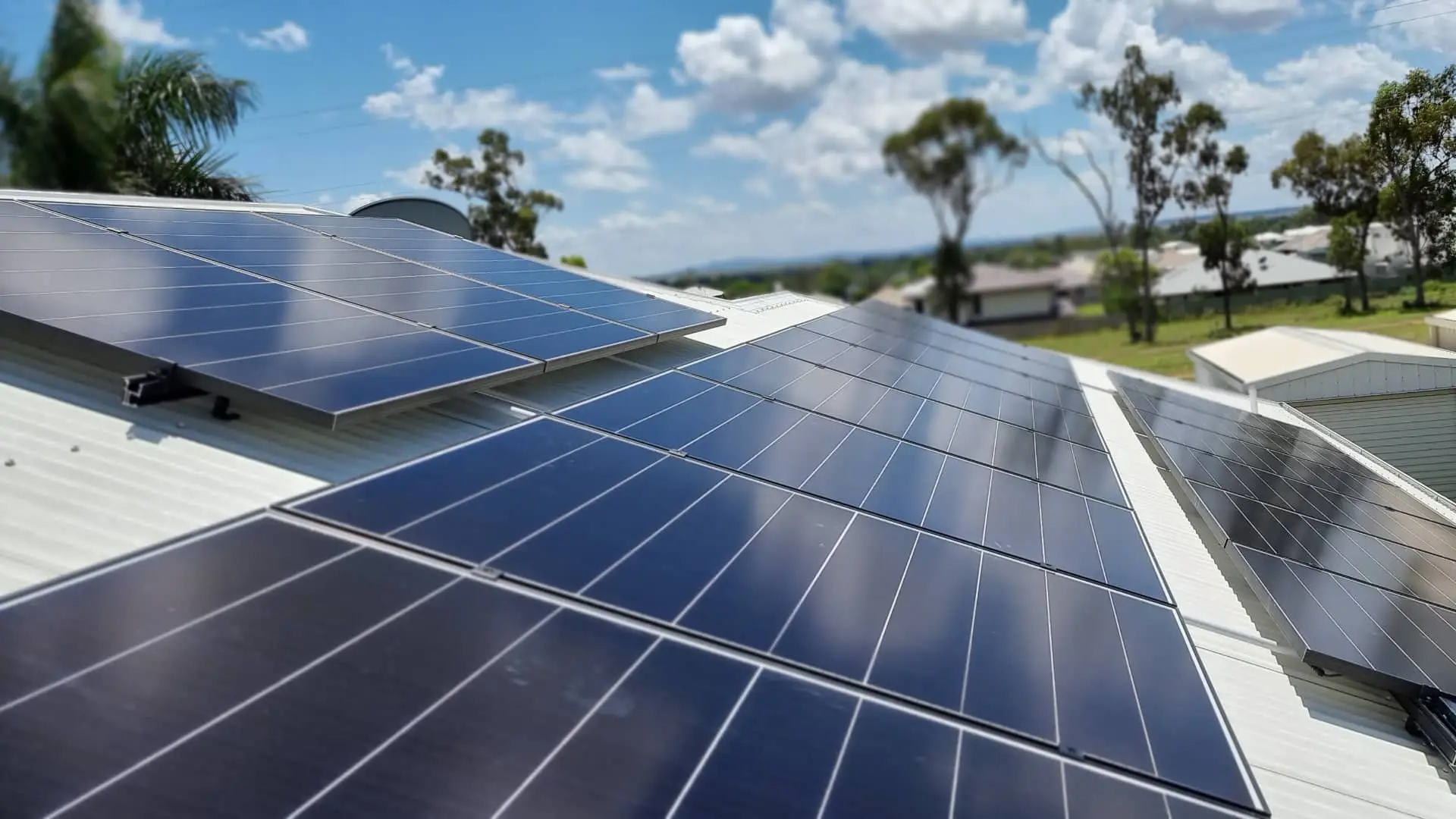A solar battery can be one of the most useful parts of your home solar system, allowing you to draw on your solar-generated power even when the sun isn’t shining. This helps you reduce your reliance on expensive and environmentally-unfriendly fossil fuels and become even more energy-independent.
But what size battery do you need? Solar batteries come in a variety of sizes, and you’ll need to pick the right one based on your energy needs. In this article, we’ll show you some of the factors that go into solar battery size and how you can calculate the right size for you.
What Size Solar Battery do You Need?
These are the steps you’ll need to follow to determine the right size of solar battery for your home.
- Find out how much energy you use in a typical day. The easiest way to find this information is to check your energy bill — you should find a number expressed in kilowatt-hours. Divide that number by 30 to find a rough daily average, and then convert that number to watt-hours (just multiply by 1000). This number can vary quite a bit between houses, but a typical figure for an Australian home is around 20kWh per day.
Remember that you don’t need to account for all of your energy usage with your battery, just the hours you aren’t getting sunlight.
- Find out how much backup you need. Some houses require more solar storage than others. Factors here include how many daily sunlight hours your area gets, how dark your winters are, and how often you experience energy shortages. The main role of your battery is to keep your system going when your solar panels can’t provide enough energy, so this plays a big role in how much storage you need.
- Find out how cold your area gets. This impacts the storage capacity of your battery, so colder areas need more storage.
So even though your energy needs are 20kWh per day, you might only need a battery that supports 5kWh per day.
Once you have this information, it’s time to find the right battery size. This isn’t quite as simple as just taking your energy needs and buying a battery of that size, because of something called depth of discharge (DoD) which essentially refers to how much of your battery capacity you can actually access.
Lead solar batteries usually have a DoD of about 80%, which means a 20kWh battery only really gives you 10kWh of charge, so you’ll need to multiply your daily energy usage in kWh by 2 to find the right battery size. Lithium batteries tend to have a DoD closer to 5-10%.
Multiplying to match your battery’s DoD might still not be enough. It’s usually safer to opt for a battery size bigger than what you need, just to be sure.
Converting kWh to Ah
Not all batteries will show their capacity in kWh. The typical unit for measuring battery storage capacity is Amp-Hours (Ah). Solar batteries range from less than 100Ah to well over 1000Ah, so there’s a big range here.
Amp-Hours refer to the amount of time a battery will run before it runs out of charge. In other words, a 200Ah battery can sustain a 10 amp load for 20 hours.
To understand the battery size you need in Ah, you’ll need to do a quick calculation.
Let’s assume you need your battery to hold 5kWh to keep your home running during times when sunlight is scarce. First, you need to divide by the voltage of your battery. Most solar batteries are either 6V, 12V, 24V, or 48V. Let’s run the calculation for a 48V battery:
5 ÷ 48 x 1000 = 104Ah
Finally, multiply by 2 to account for your battery’s Depth of Discharge: 208Ah
Lots of Things to Consider
As you’ve probably realised, there are many different factors that go into choosing the right solar battery size. Your energy usage, location, hours of sunlight, how happy you are to depend on the grid, the type of battery you use, the voltage, and much more.
At SnapSolar, we can help. We help households and businesses throughout Mackay and the surrounding Queensland area choose the right battery size for their needs and future plans. Get in touch with us to learn more about how we can help.
Get Your FREE Quote Today & Save $$$!
Contact our team today and we'll get back to you as soon as possible to discuss your solar needs!
Get a FREE QuoteRelated Articles.

Do Solar Panels Work on Cloudy Days?

Jackson Wyer

How to Make a Case for Solar To Your Landlord

Jackson Wyer

Solar Through the Ages — The Evolution of Solar Energy (And What the Future Holds)

Jackson Wyer

